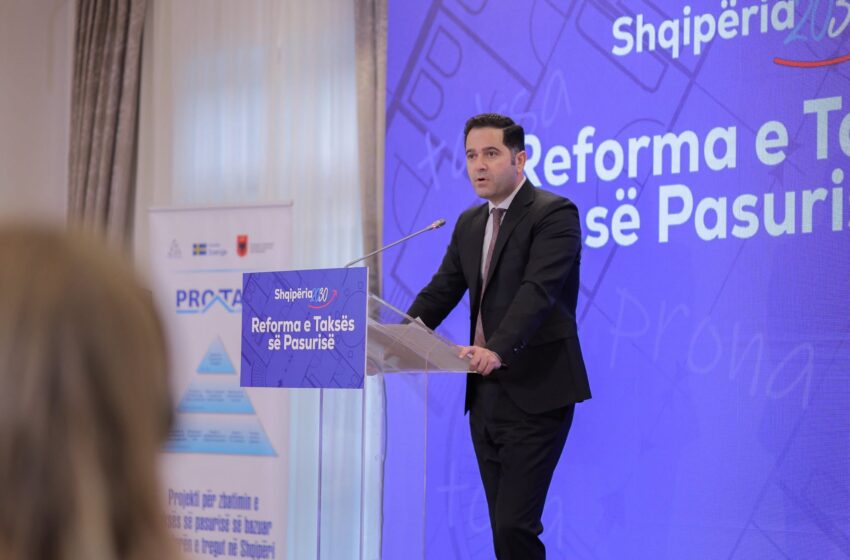Budget 2025: a strategic boost for agriculture and innovation

The Albanian government has unveiled its draft budget for 2025, marking a critical step toward bolstering agriculture and rural development. Presented by Minister of Agriculture and Rural Development Anila Denaj to the Parliamentary Committee on Economy and Finance, the budget aims to enhance infrastructure, foster innovation, and strengthen agricultural practices. With a total allocation of 15 billion lekë—an increase of 4% compared to 2024—the plan prioritizes sustainability, competitiveness, and technological advancement in one of Albania’s key economic sectors.
Why does it matter: Agriculture remains a cornerstone of Albania’s economy, employing a significant portion of the workforce and contributing to the country’s exports. However, the sector faces challenges such as climate change, fragmented operations, migration and the need for modernization. The 2025 budget is strategically designed to try to address these issues by encouraging innovation, improving irrigation infrastructure, and introducing schemes that promote collaboration among farmers and businesses. These efforts aim to enhance productivity, ensure food security, and position Albania’s agricultural products more competitively in international markets.
A defining feature of the 2025 budget is its emphasis on infrastructure, particularly irrigation and drainage systems. Around 20% of the budget is allocated to this area. With an 18% year-on-year increase in funds for water infrastructure, the aim is to double the irrigated land area, reduce vulnerability to floods, and ensure more efficient water use across the sector.
One of the innovative highlights of the budget is the introduction of an enhanced framework for “Contract Farming.” This model encourages horizontal and vertical integration among farmers, aggregators, exporters, and other stakeholders. By formalizing transactions and creating legal frameworks for cooperation, the government seeks to address long-standing concerns among farmers about market access and pricing. The initiative also aligns with global best practices, incorporating support from organizations like the Food and Agriculture Organization (FAO) to streamline subsidy programs and encourage farmer participation.
Beyond infrastructure and collaboration, the budget prioritizes innovation. Investments in mechanization, digitalization, and research are expected to increase the value and quality of agricultural products. The government also aims to improve market competitiveness by focusing on tradeable goods and reducing production costs through economies of scale. These measures are expected to foster a more resilient agricultural economy capable of responding to domestic and international market demands.


